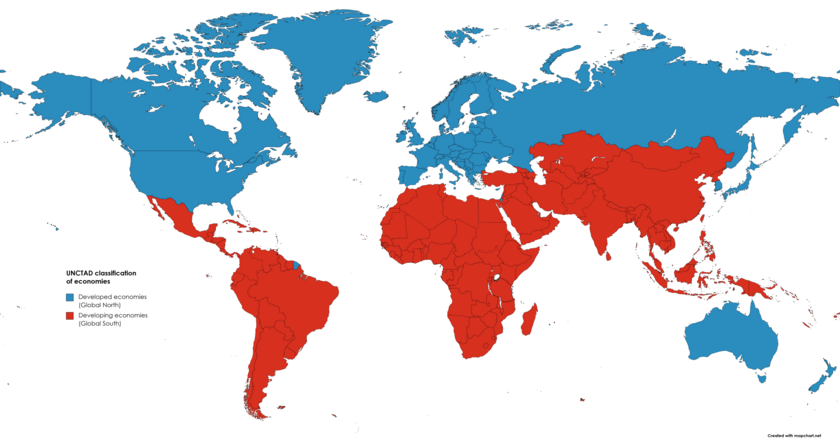Global Voices in Data: Navigating Responsible Management and Processing with Diverse Perspectives
Moderator
Genoveva Vargas-Solar, CNRS, LIRIS, France (she/her)
genoveva.vargas-solar@cnrs.fr
http://www.vargas-solar.com
Context
What constitutes responsible data management? How do we define responsibility in data processing and management? Does the concept of responsibility vary depending on whether one is a data producer, consumer, or explorer/exploiter? Within one of the premier international forums for database researchers, practitioners, developers, and users, SIGMOD/PODS, is there value in conducting an epistemological analysis of the scientific methods employed by the community to generate innovative ideas and outcomes?”
The database community is already engaged in a lively discourse surrounding responsible data analytics and AI, which scrutinizes the mathematical models and algorithms employed in data-driven analyses. Concepts such as fairness, diversity, equity, and inclusion-driven data preparation, along with responsible AI, are key focal points in challenging the scientific practices of the community. However, these discussions primarily emanate from the Global North and are often rooted in a technological perspective.
In parallel, there is a burgeoning movement in the Global South, where voices merging technology, philosophy, and social sciences perspectives are engaging in decolonial discourse regarding a new social and economic order shaped by data. These discussions raise questions about the accountability and responsibility surrounding data exploitation techniques, highlighting the unequal distribution of benefits from data processing between the Global North and South, as well as the global colonization by data[1]. Keywords in these discussions include (indigenous) data sovereignty, “counterdata”, missing data.
The objective of this panel is to foster a dialogue among diverse voices from the Global North and South, aiming to identify key aspects that promote the development of responsible and accountable database research. This includes considering the unique needs, expectations, and perspectives of communities across different regions.
Note that accordingo to Wikipedia: “the Global North consists of the world’s developed countries, whereas the Global South consists of the world’s developing countries and least developed countries.The Global South classification, as used by governmental and developmental organizations, was first introduced as a more open and value-free alternative to “Third World”, and likewise potentially “valuing” terms such as developed and developing. Countries of the Global South have also been described as being newly industrialized or in the process of industrializing, many of them are current or former subjects of colonialism.”
Economic classification of the world’s countries by the UNCTAD: the Global North (i.e., developed countries) is highlighted in blue and the Global South (i.e., developing countries and least developed countries) is highlighted in red.

[1] Nick Couldry & Ulises Ali Mejía’s (2021): The decolonial turn in data and technology research: what is at stake and where is it heading? Information, Communication & Society, DOI: 10.1080/1369118X.2021.1986102
